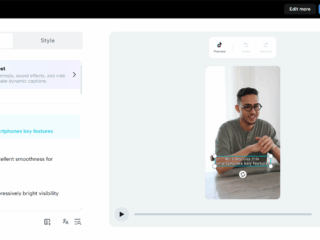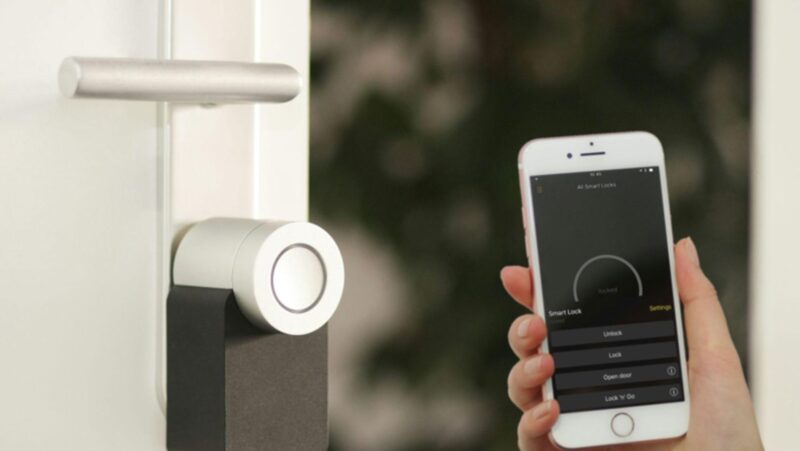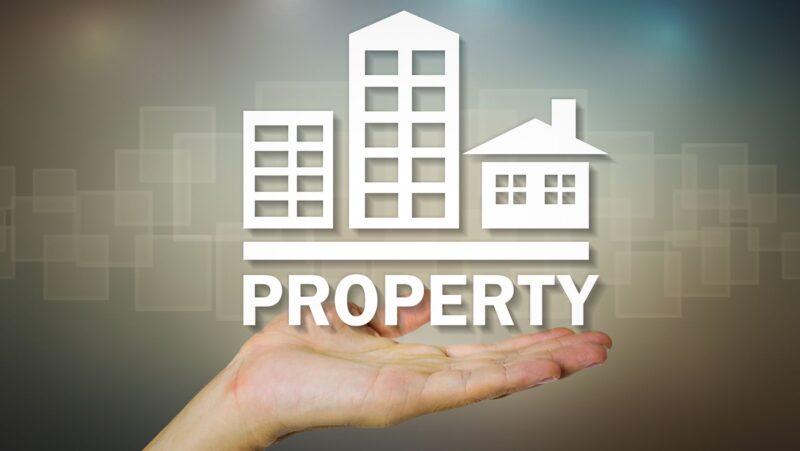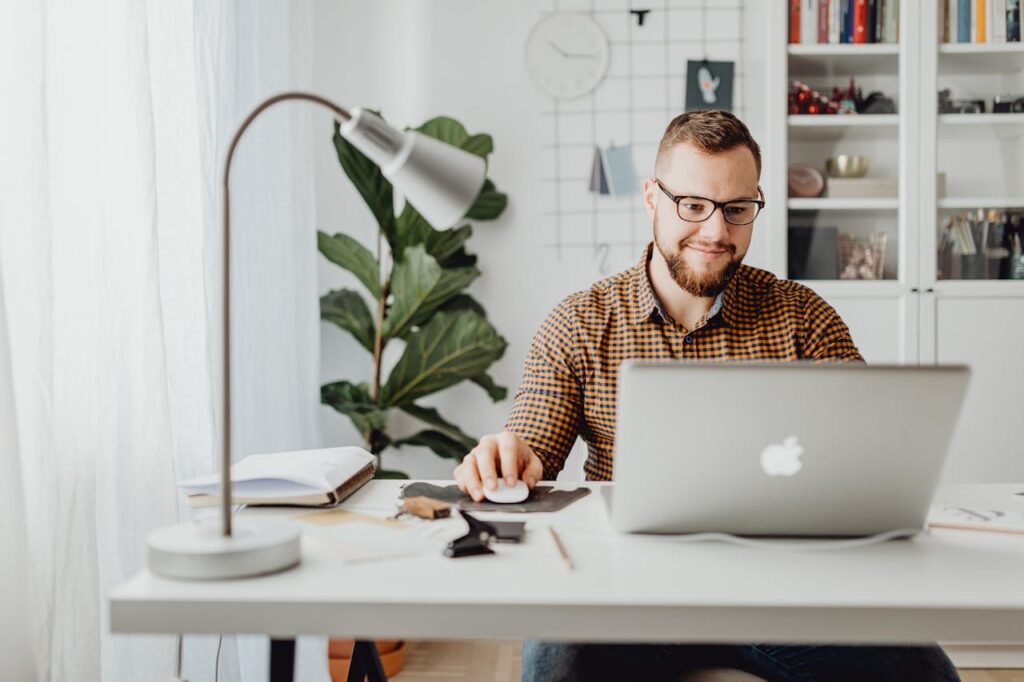
Working from home (WFH) comes with numerous benefits – for one, there’s no commute, for two, you can wear whatever you want and no one will know – but staying focused and productive for long periods when working in a non-typical office setting? That is possibly the only disadvantage of WFH.
It’s perfectly understandable why so many of us have trouble staying productive when working from our homes: household tasks, other family members, pets, and sometimes even the comfort of our own space can steal our focus and keep us in this disorganized, distracted loop that makes it difficult to focus on anything long-term.
This is why it’s essential to have a dedicated, well-designed workspace (if not a room) where you cannot be easily distracted. How do you go about creating such space? Follow the tips laid out below and you’re guaranteed to turn your home workspace into a productivity powerhouse.
Invest in an Ergonomic Chair
Let’s be honest: sitting in a makeshift setup at the kitchen table won’t cut it for long-term productivity. A comfortable, ergonomic office chair is worth the investment. Why? Because it supports your posture, reduces strain on your back and neck, and helps prevent the fatigue that often leads to the mid-afternoon slump.
Generally speaking, when you’re comfortable, you’re less likely to fidget or lose focus, so upgrading to a proper office chair is more than likely to make a noticeable difference in how much you get done.
Upgrade Your Lighting
Natural light is ideal, but not everyone has the luxury of a sunny window in their workspace. If your home office lacks natural light, that’s ok, but in that case, we recommend not settling for the standard overhead light. Too bright or dim lighting can lead to eye strain and headaches, which are productivity killers.
Instead, add a desk lamp with adjustable brightness and color temperature settings. Warmer light can be soothing during long work hours, while brighter, cooler light helps you stay alert and focused.
Optimize Your Office Layout
Where you position your desk and equipment matters as well. For example, if you find yourself frequently distracted when working, try facing your desk toward a window or away from high-traffic areas in your home.
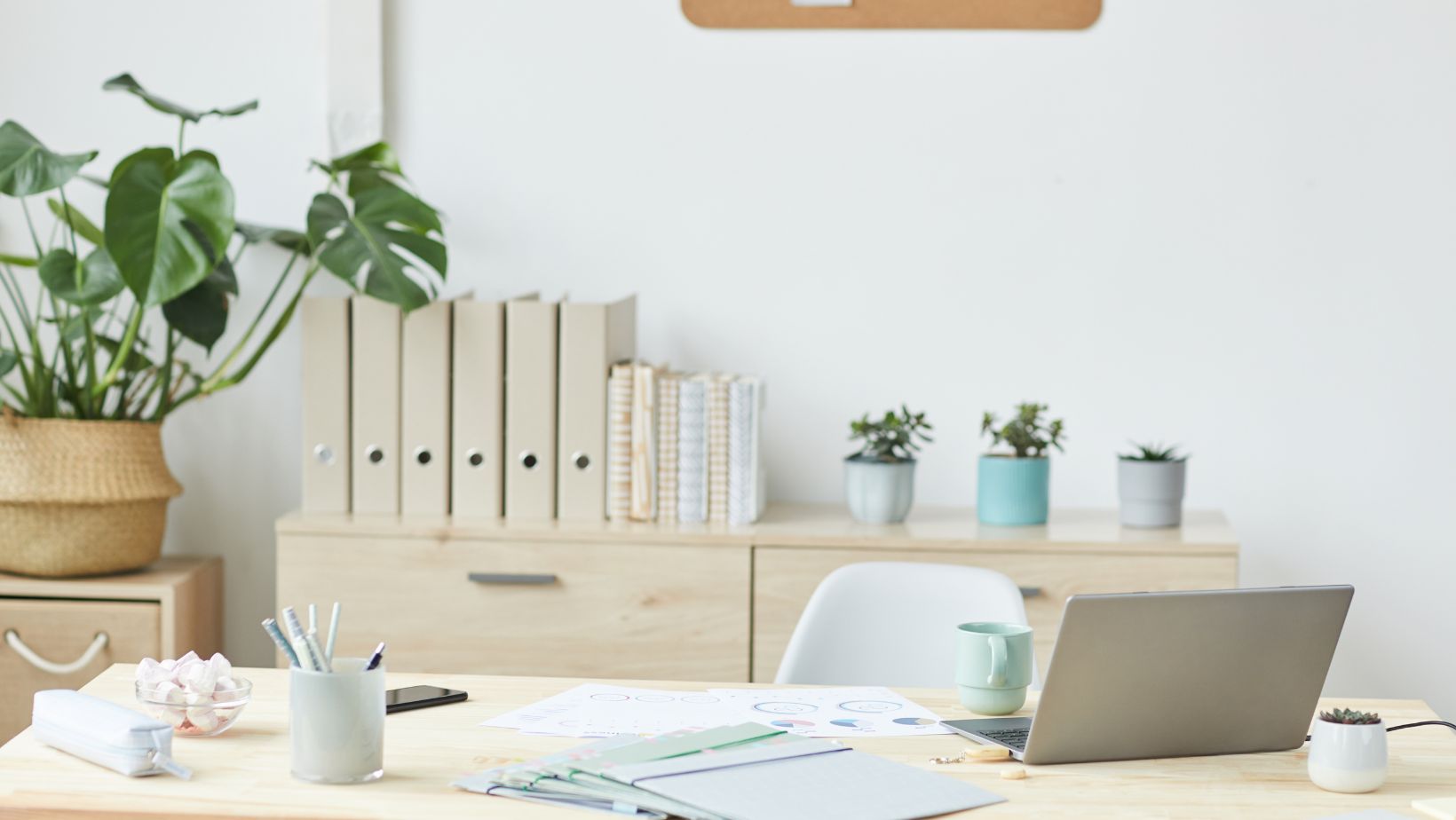
If at all possible, create a dedicated workspace that’s separate from your living areas. Having an office that is physically separated from the rest of your space helps reinforce the mental boundary between work and leisure time, making it easier to “turn off” when the workday ends. Even a tiny but well-designed home office is better than working at your kitchen table.
Use the Right Tools
A cluttered desk is the enemy of productivity, but so is a cluttered digital workspace. You want to make sure you have the right tools to keep both organized. Digital tools like productivity-boosting timers (like the Pomodoro technique) can help you manage your time effectively, breaking your work into focused intervals with short breaks.
Other tools, like paycheck calculators can help you handle payroll or manage finances from your home office. For example, OnPay’s salary calculator for Georgia is completely free yet can help streamline your calculations, reduce errors, and save time.
Add Some Personal Touches
While it’s important to keep your space tidy, adding personal touches can make your office feel more inviting. A few well-placed items, like some plants, a framed photo, or artwork you love, can boost your mood and creativity.
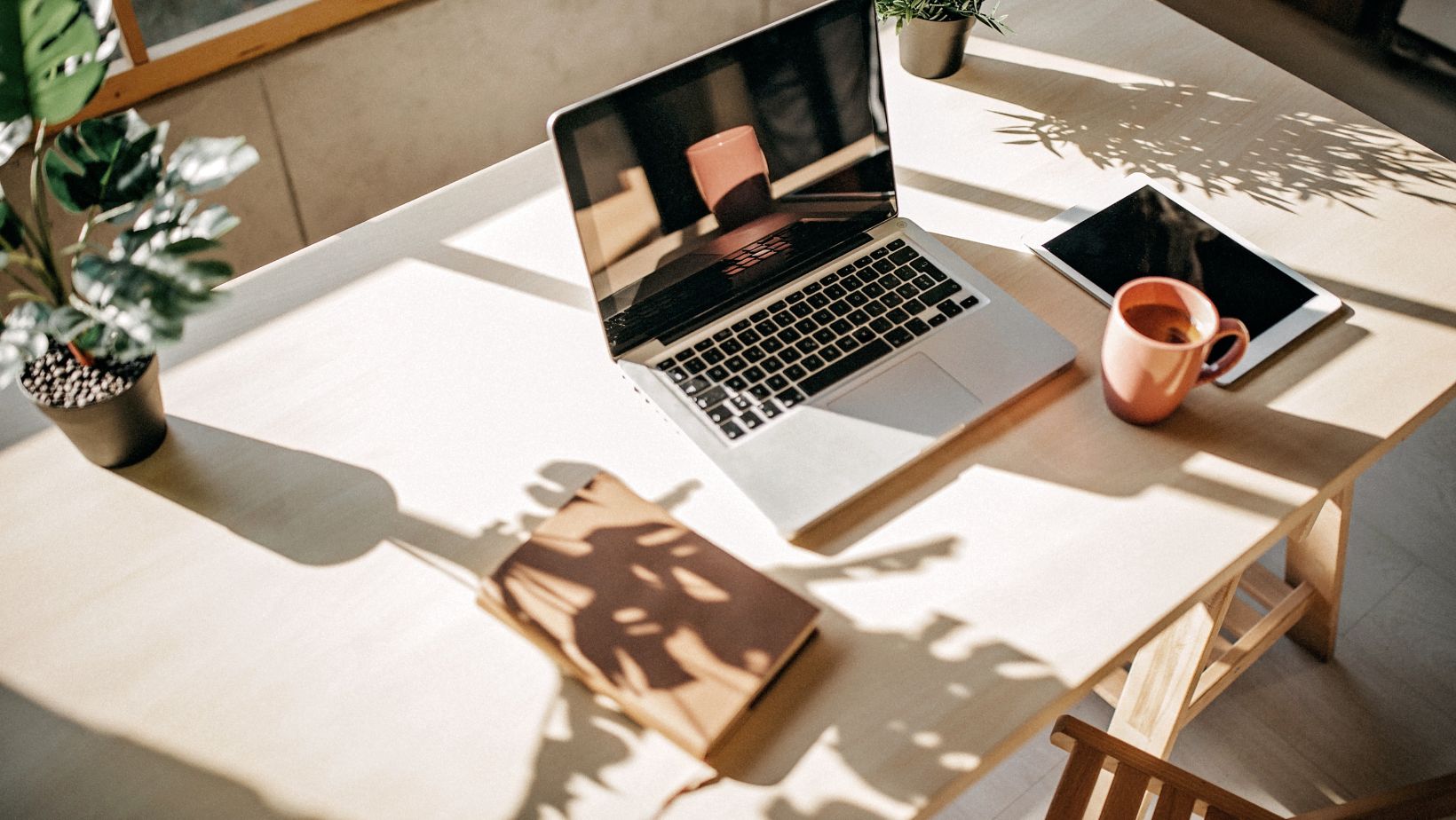
The key here is to strike a balance – too many decorations can become distractions, but a few thoughtfully chosen items can make your space feel more like your own.
Prioritize Comfort and Health
Beyond just an ergonomic chair, think about other aspects of comfort that contribute to productivity. For instance, your monitor should be at eye level to reduce neck strain, while a standing desk can mix things up during the day. If you spend a lot of time on the phone, consider investing in a good headset to avoid awkward neck positions.
Also, don’t underestimate the importance of breaks. Short, regular breaks can help maintain your energy levels and prevent burnout. Even a quick walk around the block or a few minutes of stretching can make a difference in how you feel and perform.




